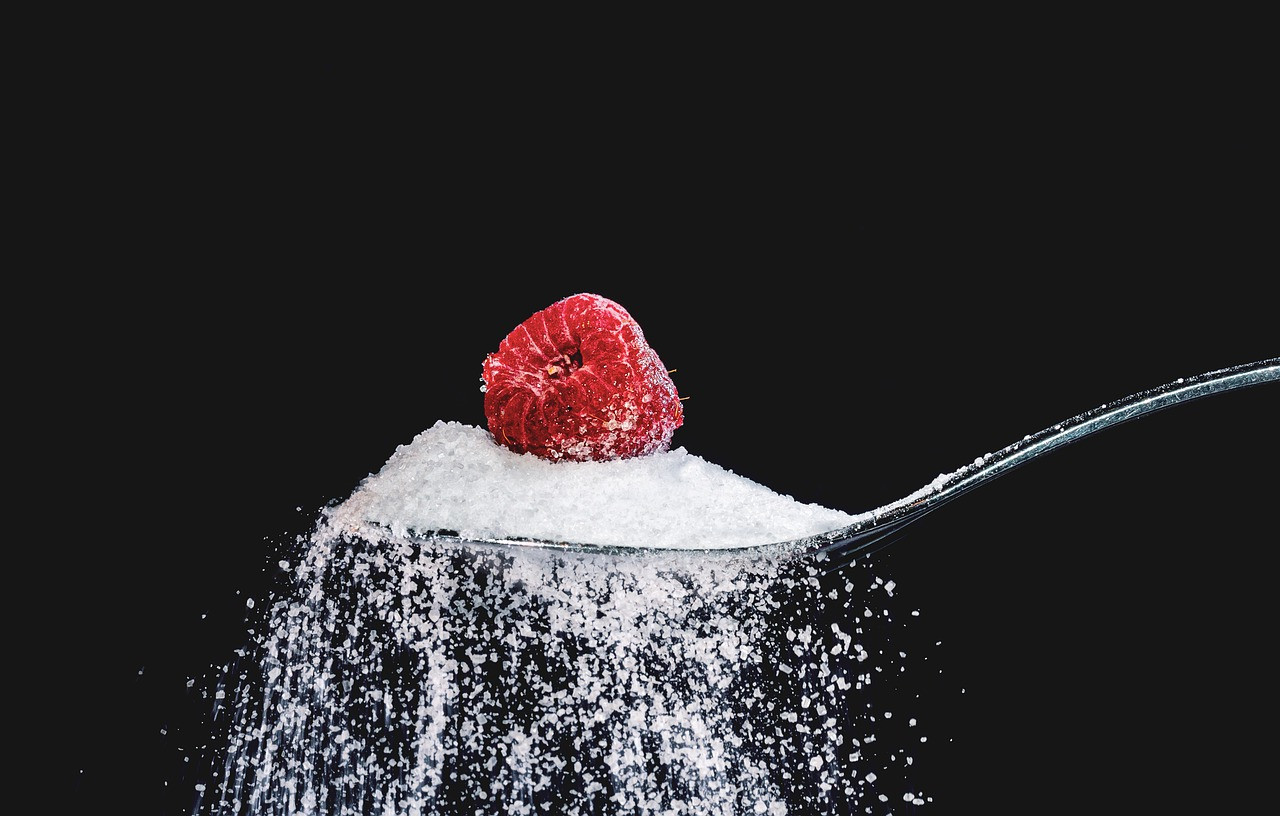Bagi para pengidap Diabetes, penting untuk mengetahui beberapa alternatif pengganti gula yang bisa dikonsumsi sehari-hari. Saat ini, sudah banyak alternatif pemanis alami maupun buatan yang bisa digunakan sebagai pengganti gula. Apa saja alternatif pemanis tersebut? Simak pilihannya berikut ini.
Berapa banyak asupan gula harian untuk pengidap Diabetes?
Pengidap Diabetes perlu membatasi asupan gula setiap harinya. Gula yang dimaksud bukan semata-mata gula pasir (sukrosa) namun juga segala jenis makanan yang termasuk karbohidrat. Menurut para pakar kesehatan, jumlah asupan gula harian untuk penderita diabetes adalah kurang dari 30 gram atau sekitar 7 sendok makan.
Alternatif pemanis pengganti gula
Bagi para pengidap diabetes, penting untuk mengetahui alternatif pemanis pengganti gula. Pasalnya, gula putih atau gula murni sangat mudah diserap oleh tubuh sehingga dapat membuat kadar gula darah melonjak. Beberapa alternatif pengganti gula yang bisa dikonsumsi sehari-hari di antaranya:
1. Madu
Kelebihan madu sebagai pemanis adalah madu memiliki kadar indeks glikemik yang lebih rendah dari gula pasir. Artinya, madu lebih lambat dalam mengingkatkan kadar gula darah dibandingkan gula pasir. Meskipun demikian, namun tidak disarankan mengganti semua gula dengan madu. Tetap batasi madu untuk konsumsi sehari-hari karena madu juga termasuk dalam karbohidrat sederhana.
2. Gula kelapa
Gula aren atau gula kelapa juga bisa Anda gunakan untuk pengganti gula pasir. Meskipun memiliki kandungan karbohidrat dan kalori gula aren sama seperti gula pasir, namun tingkat sukrosa gula kelapa hanya sekitar 70-79 persen, jauh lebih rendah dibanding gula pasir yang mencapai 90 persen.
3. Kayu manis
Bukan hanya aromanya yang wangi, namun kayu manis juga dapat digunakan sebagai pengganti gula pasir. Kayu manis mengandung nol gula dan kalori sehingga aman bagi pengidap diabetes. Meskipun memberi sensasi manis yang berbeda, namun kayu manis aman untuk dicampurkan ke dalam sajian kopi, teh, dan olahan makanan atau minuman lain kesukaan Anda.
4. Sirup mapel
Sirup ini banyak digunakan sebagai topping pancake. Sirup ini terbuat dari getah pohon mapel yang kemudian diolah menjadi sirup. Selain rasanya yang lezat, sirup mapel juga mengandung berbagai mineral dan antioksidan yang bermanfaat bagi tubuh. Saat memilih sirup mapel di pasaran, pilihlah sirup mapel alami yang minim tambahan gula.
5. Daun stevia
Stevia adalah pemanis alami yang diekstrak dari daun tumbuhan Stevia rebaudiana. Stevia umumnya beredar di pasaran dalam bentuk bubuk dan cairan. Dalam sebuah penelitian disebutkan bahwa steviosida yang terdapat dalam stevia juga dapat menurunkan tekanan darah. Stevia juga mengandung nol kalori sehingga aman untuk dikonsumsi pengidap diabetes.
6. Kurma
Buah kurma yang terkenal di daerah Timur Tengah dapat juga menjadi alternatif pemanis terutama saat Anda akan membuat kudapan seperti kue. Kandungan gula pada kurma cenderung lebih rendah karena bersifat alami.
Beberapa bahan di atas adalah alternatif pengganti untuk gula. Meskipun bisa menggantikan gula pasir untuk kebutuhan sehari-hari, sebaiknya tetap batasi penggunaan pengganti gula dalam makanan atau minuman Anda terutama jika Anda mengidap diabetes melitus. Konsultasikan dengan dokter dan ahli gizi jika Anda kesulitan menemukan pengganti gula untuk konsumsi sehari-hari dan pastikan Anda melakukan pemeriksaan gula darah secara rutin.
Writer: Ratih
Edited by: dr. Benita Arini Kurniadi
Last updated: 31/08/2021
- dr. Benita Kurniadi








